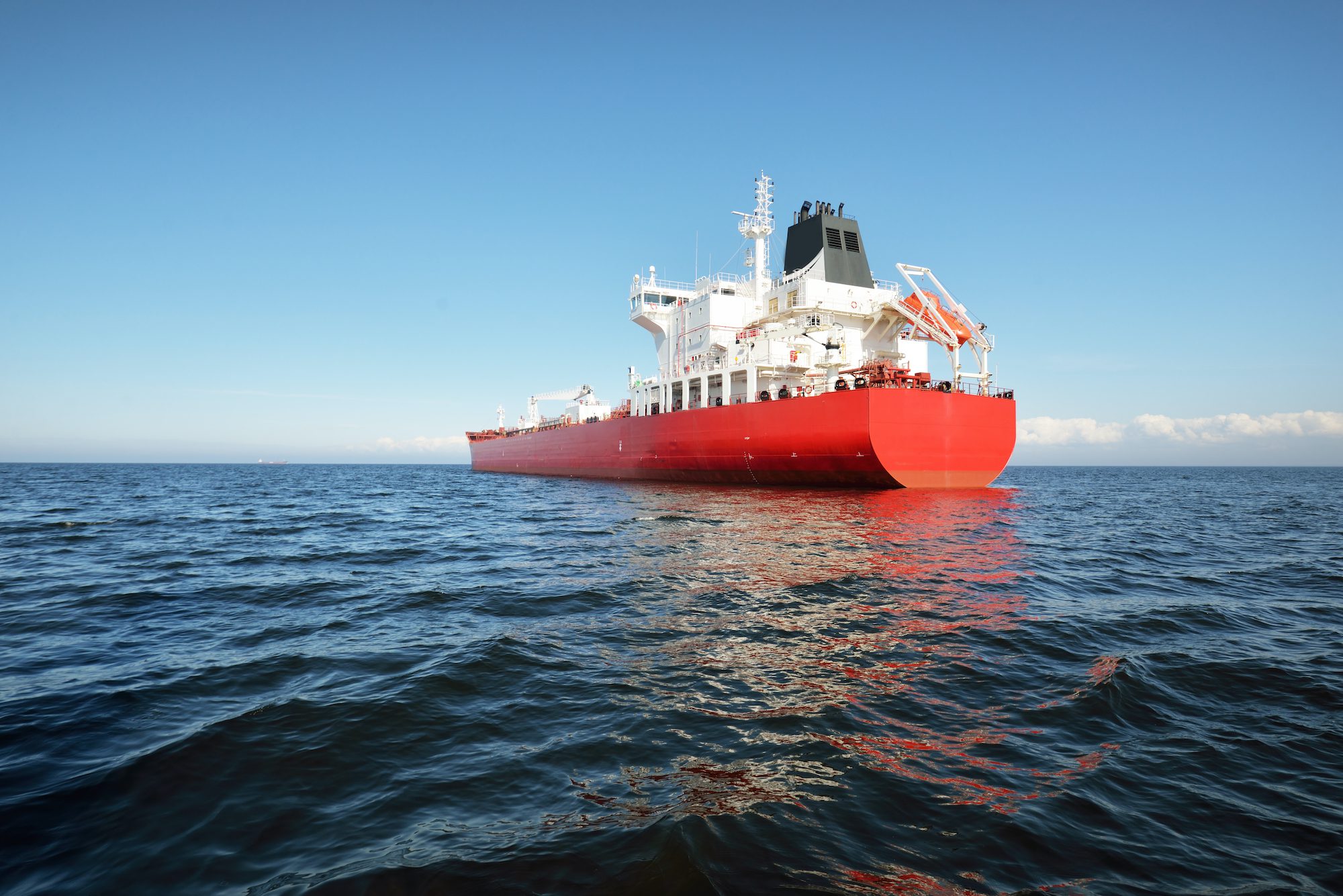- Messages
- 23,230
- Reaction score
- 4,283
- Points
- 288

Welcome to the PMBug forums - a watering hole for folks interested in gold, silver, precious metals, sound money, investing, market and economic news, central bank monetary policies, politics and more.
Why not register an account and join the discussions? When you register an account and log in, you may enjoy additional benefits including no Google ads, market data/charts, access to trade/barter with the community and much more. Registering an account is free - you have nothing to lose!






 gcaptain.com
gcaptain.com

 gcaptain.com
gcaptain.com






 gcaptain.com
gcaptain.com

 gcaptain.com
gcaptain.com



 gcaptain.com
gcaptain.com

 www.freightwaves.com
www.freightwaves.com



 gcaptain.com
gcaptain.com

 gcaptain.com
gcaptain.com


 www.middleeasteye.net
www.middleeasteye.net



 gcaptain.com
gcaptain.com


 gcaptain.com
gcaptain.com

 gcaptain.com
gcaptain.com

